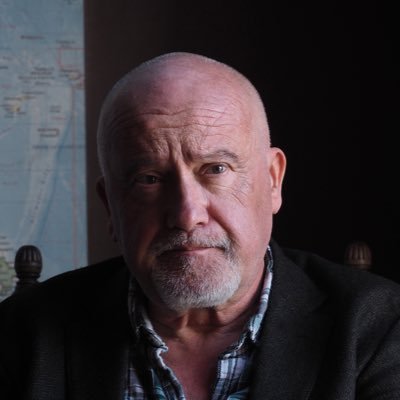Nationalist leaders have been wandering around trying to find possible ways to keep Northern Ireland within the European Union. There has also been considerable debate about an all island forum to examine possibilities.
If we are going to look at something, Denmark might offer something for the UK and the Irish government to consider.
Ulrik Pram Gad has penned an interesting article for the LSE as to how his own country’s experience might be useful for Northern Ireland and Scotland as he writes;
The Brexit referendum results in England and Wales contrasted sharply with those in Scotland, Northern Ireland, and Gibraltar. Taking these differences into account – and combining them with prospects of Scottish independence, renewed troubles in Northern Ireland, and potentially severe isolation in Gibraltar – the UK could refrain from activating Article 50. Instead, negotiations could aim at a territorial exemption of England and Wales from UK membership.
The UK would still be a member state – voting rights reasonably reduced to match the population of Scotland and Northern Ireland. The question of who would represent this member state, on what mandate, and following what procedures of coordination would have to be solved within the UK. Possibly, the role of Scottish ministers and bureaucrats from Northern Ireland would have to be central.
The ‘reverse Greenland’ arrangement sketched above might solve the issue for Scotland, Northern Ireland and Gibraltar, but it would, of course, leave another problem on the table: namely the relationship England and Wales would have with the EU and the single market. Inspiration for this relationship would have to be found elsewhere as there is little guidance that can be offered by the Greenland case.
But while the EU might appear to be a rigid legal community, the political processes that generate EU agreements are based chiefly on pragmatism. There is therefore scope to create unique arrangements and the formalities of the process will hardly act as an obstacle in achieving this. Greenland’s experience illustrates that it can be necessary to play games with a state’s formal sovereignty in order to uphold it. Copenhagen seems to have learned that lesson – now the question is whether London will too.
He points out a really interesting policy that has existed for over a decade in Denmark where the local governments of Greenland and the Faroe Islands have the power in devolved issues to enter into bilateral agreements on devolved matters on behalf of the Kingdom of Denmark as their circular note to other governments states;
The Ministry of Foreign Affairs, Department of International Law, has the honour to inform that the Danish Folketing in agreement with the Faroese and Greenland Authorities respectively has adopted legislation providing statutory full powers for the Government of the Faroes and the Government of Greenland to conclude certain international agreements on behalf of the Kingdom of Denmark.
The note goes on to note the overall competences of the central government;
The Acts do not limit the foreign policy powers of the Minister of Foreign Affairs and the Danish Authorities in relation to the Faroes and Greenland. The Minister of Foreign Affairs continues to bear overall responsibility for the Foreign policy of the Realm – including towards the Folketing – and the Danish Foreign Ministry must be consulted prior to the exercise of the full powers provided in the Acts.
Pram Gad notes what really matters is the credibility of the leaders in signing agreements and that this approach has precedence;
if we look beyond Denmark, it is not uncommon for states to mandate lawyers, private citizens, NGO representatives – sometimes foreign nationals – to represent them at meetings in international organisations. This was essentially how the history of diplomatic practice began.
What matters is that all parties acknowledge the credentials of the representative. In 2013, the Danish authorities even agreed to launch an appeal at the WTO Board of Disputes on behalf of the Faroe Islands against the EU over a fisheries dispute – a matter which the Kingdom of Denmark has left to Brussels (Danish fisheries) and Tórshavn (Faroese fisheries). In this truly unprecedented situation, Denmark was preparing to launch a case against itself, though the matters were eventually settled ‘out of court’ before the case was launched.
David McCann holds a PhD in North-South relations from University of Ulster. You can follow him on twitter @dmcbfs
Discover more from Slugger O'Toole
Subscribe to get the latest posts to your email.

